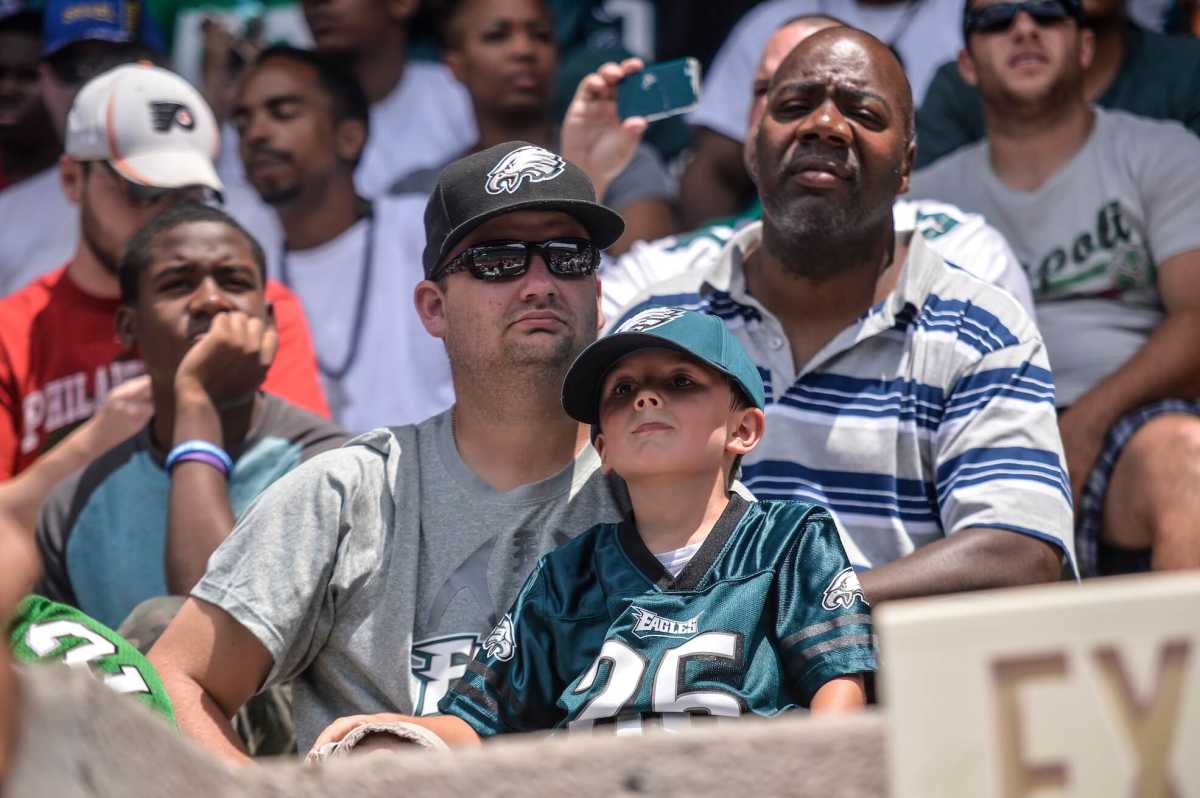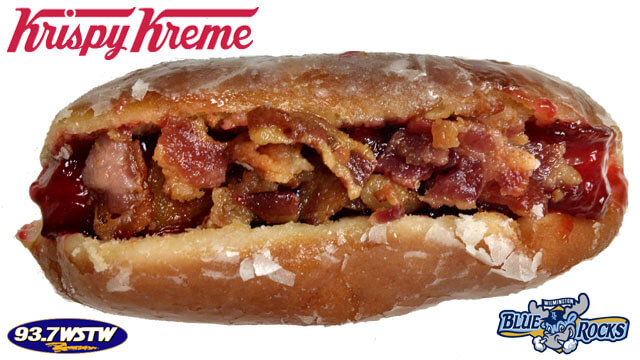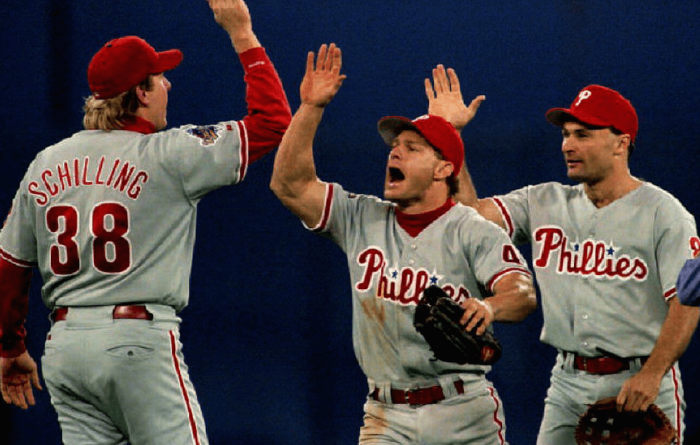First, you got your Phillies, where the best your hope can do this season is flicker, and that’s when you’re feeling optimistic.
Then you got your Sixers and Flyers, and to see how they’re doing, turn to the standings, and go down to the bottom part of the list.
Which leaves the Eagles, who absent much else, tend to dominate fan discussion in the off season because of a shakeup in the lineup, and the acquisition of a quarterback who has sent us to the medical dictionaries to learn about torn ACLs.
You can find it under “Not a good thing.”
Withal, then, Philadelphia is putting to a severe test the words of poet Alexander Pope that hope springs eternal in the human breast.
If you’re feeling gloomy about all that, you’re not alone. Experts say such things can sink the spirits of an entire community.
Really, remember how good we all felt when the Phillies did everything right to win the World Series in ’08?
Well, now the odds makers in Vegas are saying this year’s team has the longest odds in all of baseball to win the series, 150 to 1.
Put that together with our other sports woes, and it can lead to whatever the opposite of feeling good is.
We have the thoughts of an expert on this, Robert Cialdini, professor emeritus of psychology and marketing at Arizona State University.
“What sports teams represent, they represent communities,” he told Metro. “And members of those communities feel that they are just not represented by those teams, they are elevated by their successes and diminished by their failures.”
At the same time, Cialdini says it’s not completely rational to feel that much passion for players who are essentially mercenaries – they are pros, brought to our city by career and big paychecks.
Which is to say, they are not really of us.
He speculates that all of this dates back in history to a time when small villages had their own warriors, to battle those in other small villages.
If your guys won, then, it meant that your village was superior to the other village.
“That is what has persisted,” he said, “that sense of feeling entitled to the glory of one of our sports teams’ victories.”
Of course, there’s a flip side too: we feel diminished if our team loses.
Sound familiar?
Think about the language you use about your team too – the good professor says it’s common for fans to say “we won” after a victory, but “they lost” after a defeat.
All of that rings true, but it’s not all gloom either.
Bob Thompson is an expert in popular culture at Syracuse University, and figures that at least the image of big cities like Philly doesn’t take a hit with losing teams.
In smaller cities, winning teams are central to their identity.
Not so for towns like Philly, though, he says.
“You’ve got a lot of other elements to lean on,” he said.


























